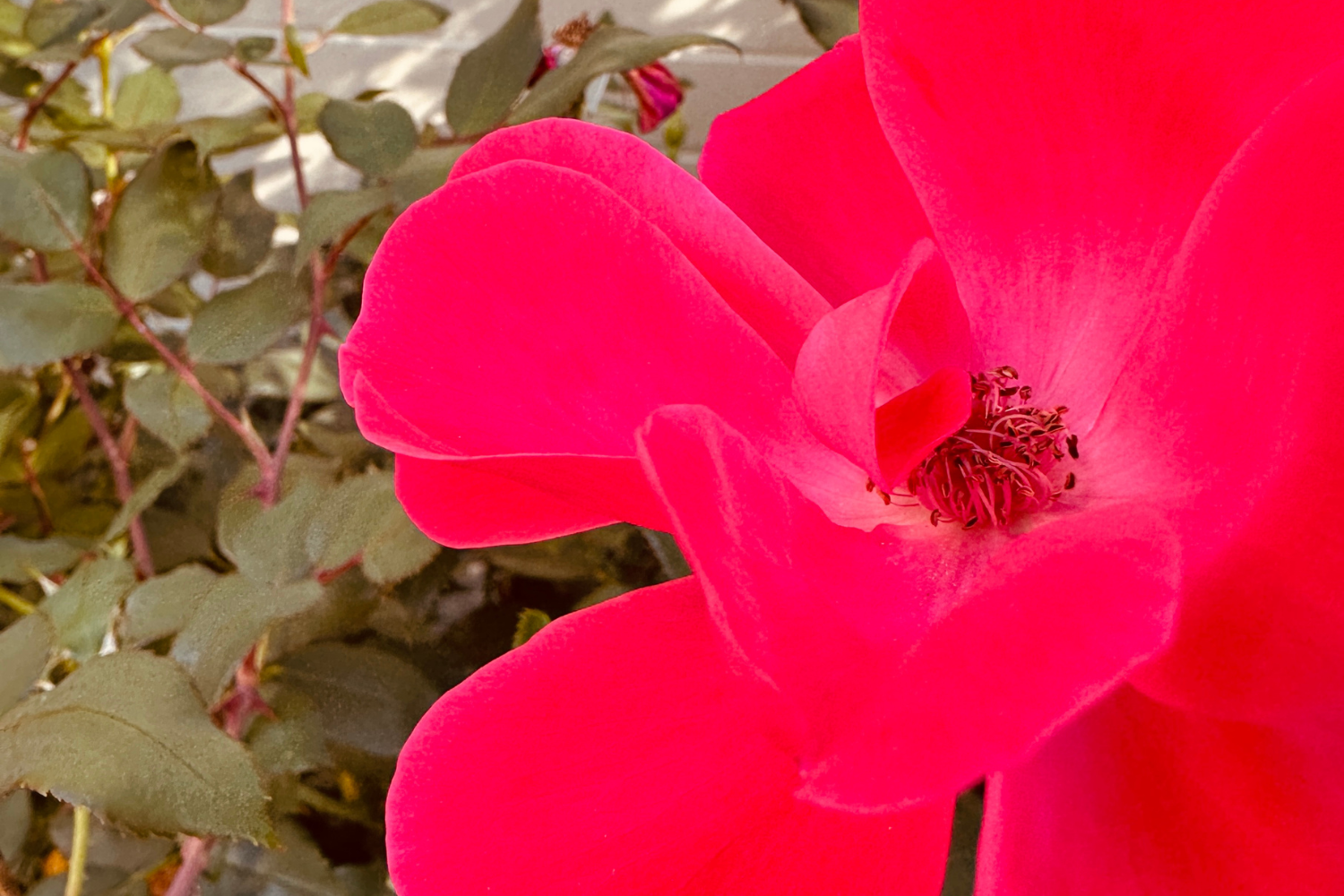The Anniversary of My Madness
A reflection on six months alcohol-free (again), suicide survival, and rejecting toxic positivity.

Six months alcohol-free. Six years since I tried to fucking end it.
That overlap has been nothing short of a mind-fuck. Sobriety milestones, suicide anniversaries—call it a lifeaversary, a rebirth, a round two—whatever label you slap on it, the weight is still absolutely there.
On that day, I didn’t throw a party or scream from rooftops. I just… let myself feel.
I cried. I stared into space. I tried to dodge my phone. I let the weird heaviness take up space in my chest. Because anything tied to trauma is not neat. They don’t fit into Hallmark cards or Instagram highlight reels despite how hard people love to try.
They’re jagged, awkward, loud, and quiet all at once.
And as I sat in all of it, I realized choosing to be alcohol-free hasn't been about not drinking; it’s about reclaiming the right to narrate my own fucking story.

Sobriety Without Platitudes
Being six months sober (again) feels damn good. It feels steady. But I’ve avoided writing too much about it online, and here’s why:
- No one really gives a shit. Sobriety is common now truthfully. People do it every day. I’m not looking for applause.
- The platitudes make me want to scream. “Stay strong.” “One day at a time.” “Proud of you, warrior.” Fine, if you’re a sugar-coated greeting card. But not for me.
- The labels are toxic. “Addict.” “Alcoholic.” These words sound like cages more than lifelines.
This isn’t about me being offended. It’s about how those labels warp culture. Society hears “alcoholic,” and suddenly you’re an archetype: pitiful, broken, weak, or saintly and redeemed. You’re not just a person who decided to stop drinking—you’re a moral spectacle.
A 2023 study in Addictive Behaviors Reports calls this the “master narrative” of AA: once you take on the identity of “alcoholic,” your story is expected to fit the script—sick, powerless, in need of salvation. Helpful for some, sure. But corrosive if you want your life to be more than a recovery testimonial.
It’s like trading one cage for another, and honestly, I didn’t stop drinking to get shoved into a different kind of box.
Why I Don’t Worship at the Church of AA
I know AA has helped people and I respect the hell out of that. I attended meetings years ago myself when I thought that was the route I was "supposed" to take after admitting I was coping badly with life. But to me now, after observing and learning everything I have, it's unhealthy as fuck.
The powerlessness narrative—step one, the big one—teaches you to surrender control because you’re forever shackled to this "disease." Sorry, but no. I’ve already spent years believing I was powerless over everything. I’m not going to base my life on worshiping my own helplessness.
Then there’s the one-size-fits-all rigidity.
The 12 steps don’t leave much space for context, neurodivergence, or trauma. If you don’t fit their mold, you’re the problem—not the program. But research keeps showing that rigidity doesn’t work for everyone.
In 2024, The Sober Heretic published a piece, “The Backlash Against AA,” outlining how people are rejecting the cookie-cutter narrative in favor of models that prioritize autonomy, harm reduction, and individualized paths. Because not everyone heals the same way, and trying to shove us into the same ritual can backfire fast.
And don’t get me started on the morality. Sobriety is not sainthood. Sobriety is not proof of your worth. Yet AA can have a tendency to frame abstinence as the only “right” outcome, and disconnect you from the fucking agency to say: “My recovery looks different.”
Sobriety, Neurodivergence, and Feeling Like a Freak
Here’s where I can get a little loud, because I’m neurodivergent. Which means the way I drank was different, and the way I stay sober is different.